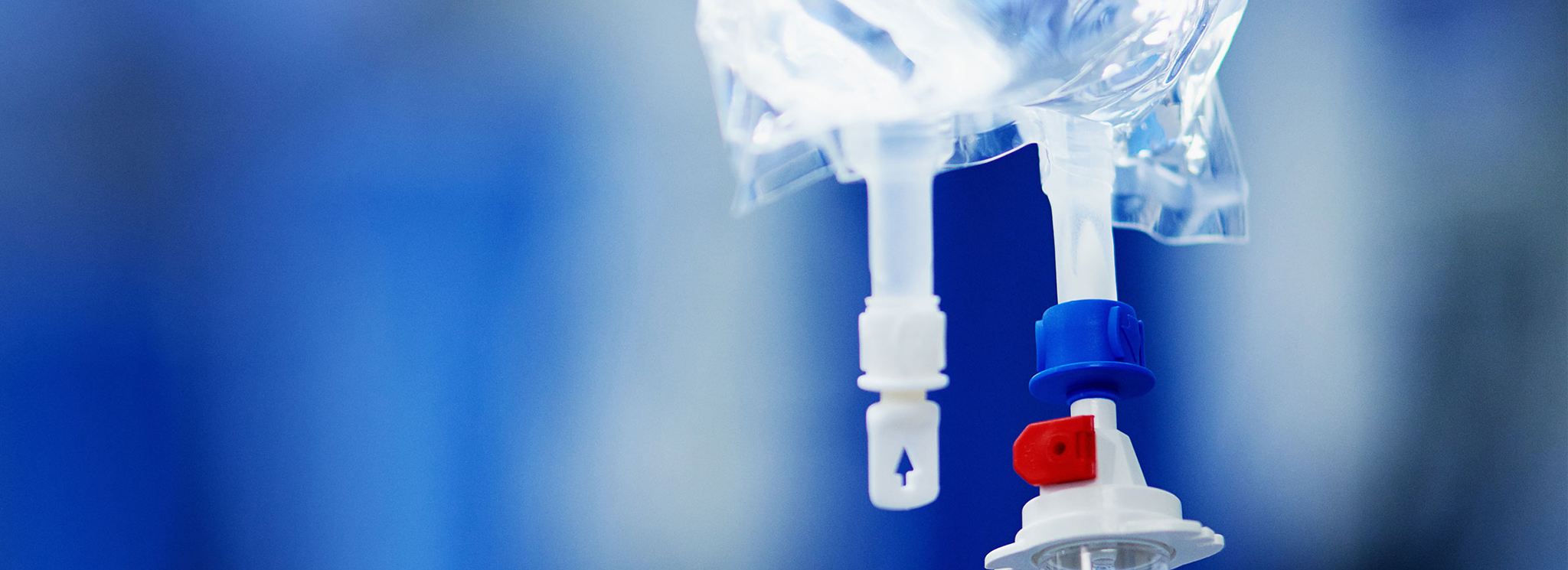
IV hydration refers to the process of delivering fluids directly into a person’s bloodstream through an intravenous (IV) line. This method is often used to quickly and effectively rehydrate a patient, especially when oral intake is insufficient or not possible.
Common IV fluids used for hydration include normal saline, lactated Ringer’s solution, and dextrose in water. The specific type may vary based on the patient’s needs. These are used to treat mild to severe cases of dehydration.
Where Can You Get IV Fluids?
IV hydration is often utilized in hospitals for patients with dehydration due to illness, surgery, or conditions that cause excessive fluid loss. It can also be used in urgent care settings or even outpatient settings for mild dehydration.
What Are the Symptoms of Mild Dehydration?
- Thirst: An increased desire to drink fluids.
- Dry mouth: A sensation of stickiness or dryness in the mouth.
- Reduced urine output: Less frequent urination or darker urine color.
- Fatigue: Feeling tired or lethargic.
- Dizziness or lightheadedness: Especially when standing up quickly.
- Headache: Mild headaches can occur due to dehydration.
- Dry skin: Skin may lose elasticity and appear less hydrated.
What Are the Symptoms of Moderate and Severe Dehydration?
- Extreme thirst
- Very dry mouth and skin
- Little or no urine output; urine may be very dark
- Sunken eyes
- Rapid breathing
- Confusion or irritability
- Low blood pressure
- Weakness or lethargy
- Fainting or loss of consciousness
If you are experiencing symptoms of severe or moderate dehydration seek medical attention, visit your local emergency room or dial 911 immediately. Sever dehydration can be life-threatening.
How To Prevent Dehydration?
- To prevent dehydration, consider the following tips:
- Stay Hydrated
- Eat Water-Rich Foods
- Limit Diuretics
- Monitor Urine Color
- Set Reminders
- Always Carry Water
- Hydrate Before, During, and After Exercise
- Adjust for Weather
By staying mindful of these practices, you can help prevent dehydration effectively.

